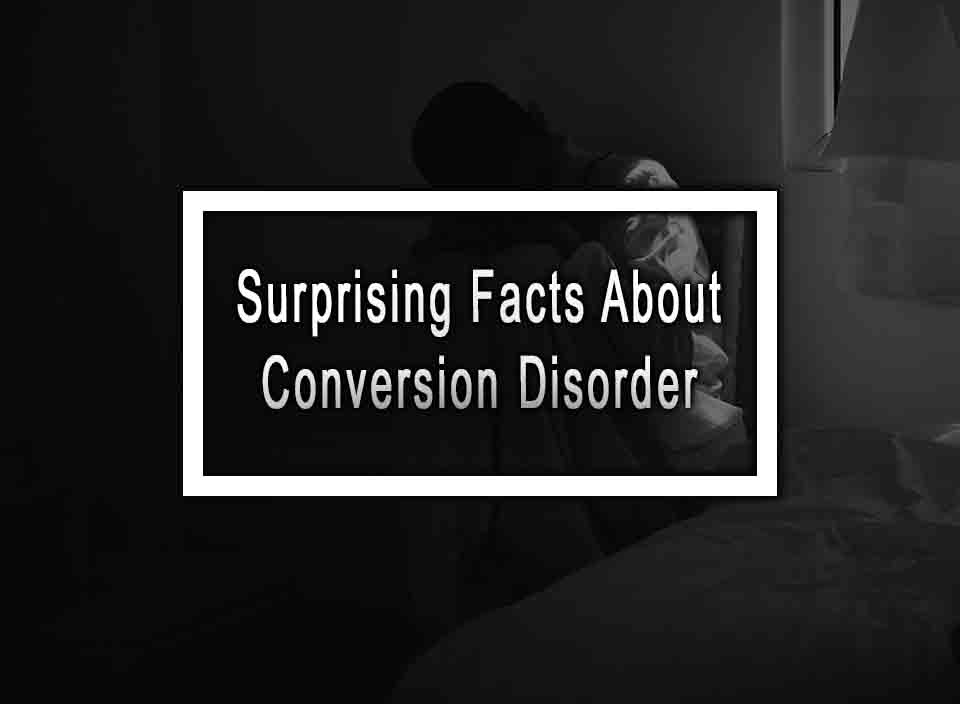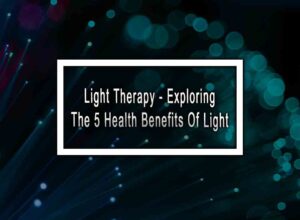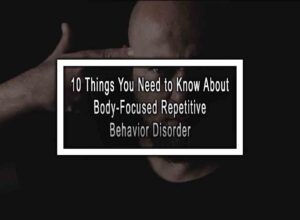Conversion disorder is a condition that affects millions of people worldwide, yet it is often misunderstood and misdiagnosed. In this listicle, we will explore ten surprising facts about conversion disorder that you may not have known before. From the symptoms to the causes, we will delve into this complex condition and shed new light on it.
Table of Contents
ToggleWhat is Conversion Disorder?
Conversion disorder, also known as functional neurological symptom disorder, is a condition that affects the nervous system. It causes physical symptoms that are not related to any underlying medical condition.
Symptoms of Conversion Disorder
The symptoms of conversion disorder can vary and may include blindness, paralysis, seizures, and speech difficulties. These symptoms can be triggered by stressful or traumatic events.
Diagnosis of Conversion Disorder
Conversion disorder can be difficult to diagnose as there is no specific test for it. Doctors will typically rule out any underlying medical conditions before making a diagnosis.
Prevalence of Conversion Disorder
Although conversion disorder is not very common, it is estimated that it affects approximately 5% of patients seen in neurology clinics.
Causes of Conversion Disorder
The exact cause of conversion disorder is not known. However, it has been linked to psychological factors such as stress, trauma, and anxiety.
Treatment of Conversion Disorder
Treatment of conversion disorder typically involves psychological therapy and support. Medications may also be prescribed to manage symptoms.
Prognosis of Conversion Disorder
The prognosis for conversion disorder varies. Some patients may recover quickly, while others may experience symptoms for a long time.
Myths about Conversion Disorder
There are many misconceptions about conversion disorder, including the belief that it is a form of malingering or intentional faking of symptoms.
Conversion Disorder in History
Conversion disorder has been documented throughout history, with cases dating back to ancient Greece.
Living with Conversion Disorder
Living with conversion disorder can be challenging, but with the right treatment and support, many patients are able to manage their symptoms and lead fulfilling lives.
Time to Convert Our Thinking: Understanding and Accepting Conversion Disorder
Conversion disorder is a complex condition that affects many people. By understanding more about this condition, we can help to reduce stigma and improve diagnosis and treatment. Whether you are dealing with conversion disorder yourself or know someone who is, it is important to educate yourself and seek support.
Conversion Disorder FAQ
Here are the most common questions about conversion disorder.
Can conversion disorder be cured?
Though there is no cure for conversion disorder, with proper treatment, symptoms can often be managed and improve over time. In some cases, symptoms may resolve completely.
What is the prognosis for someone with conversion disorder?
The prognosis for someone with conversion disorder can vary depending on the severity of the symptoms and the individual response to treatment. With appropriate treatment, many people are able to experience significant improvement in their symptoms.
How common is conversion disorder?
Conversion disorder is relatively rare, with estimated prevalence rates of about 1-2% in the general population.
Who is most at risk of developing conversion disorder?
People who have experienced a traumatic event or have a history of mental health conditions such as anxiety or depression may be at higher risk for developing conversion disorder.
Can conversion disorder be prevented?
While there is no known way to prevent conversion disorder, taking care of one’s mental health and seeking treatment for any unresolved traumas or stresses may help reduce the risk of developing the condition.
Are there any complications or potential risks of conversion disorder?
While conversion disorder itself is not typically associated with serious complications, the physical symptoms experienced by a person with this condition may impact their daily life and ability to function normally. Additionally, individuals with conversion disorder may be at higher risk for developing other mental health conditions such as depression or anxiety.
More like this: 10 Symptoms Of Acute Stress Disorder You Should Know About












